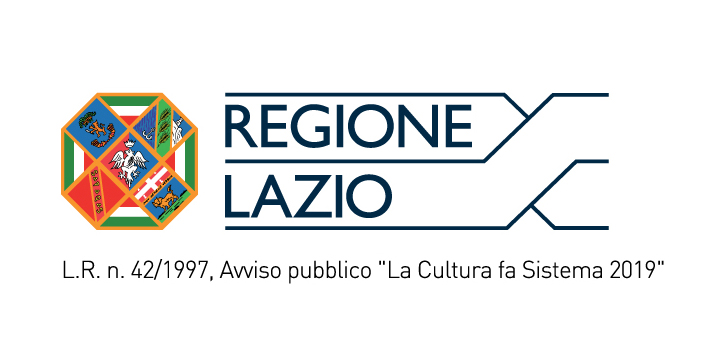In a world grappling with the consequences of climate change, the Paris Climate Agreement has emerged as a crucial pact aimed at curbing global warming. However, a recent study suggests that the Paris Climate Agreement won’t change the climate significantly. Despite this finding, the agreement remains a cornerstone of international efforts to address the global environmental crisis.
While the Paris Climate Agreement focuses on reducing greenhouse gas emissions, other agreements tackle different sectors of global cooperation. For instance, a freight rate agreement ensures fair pricing and sustainable practices in international trade, benefiting both the economy and the environment. Similarly, an attorney secondment agreement allows legal professionals to work temporarily in different organizations, fostering collaboration and expertise sharing within the legal community.
Understanding the implications of agreements is crucial, particularly when it comes to taxation. When considering a compromise agreement, individuals might wonder if it is taxable. Seeking professional advice is recommended to ensure compliance with tax regulations and avoid unexpected financial consequences.
In the field of education, agreements also play a significant role. For example, an online learning agreement in Bergen allows students to pursue international educational opportunities while ensuring academic recognition and transferability of credits. This promotes a global learning community and enables students to broaden their horizons.
Beyond individual contracts, international partnerships are crucial for shaping global policies. The EU-Moldova Partnership and Cooperation Agreement represents a significant step in strengthening relations between the European Union and Moldova, fostering economic, political, and cultural cooperation.
At a local level, agreements can impact daily life. For instance, in Tennessee, rental agreement registration is an essential step to ensure the rights and responsibilities of both landlords and tenants. By formalizing agreements, individuals can prevent potential disputes and uphold their legal obligations.
Another important aspect of agreements is addressing potential conflicts. In the case of party wall agreements, clarifying who issues them can help prevent disputes between neighboring property owners, ensuring harmonious coexistence and avoiding legal disputes.
Finally, international trade agreements contribute to economic stability and growth. The UK government’s Department for International Trade (DIT) plays a crucial role in maintaining trade agreement continuity, supporting businesses and facilitating smooth trade relationships between nations.
In conclusion, international agreements, whether focused on climate change, trade, education, or other sectors, have far-reaching impacts on individuals, communities, and nations. While some agreements may face limitations, they remain essential building blocks for addressing global challenges and fostering cooperation in an interconnected world.


